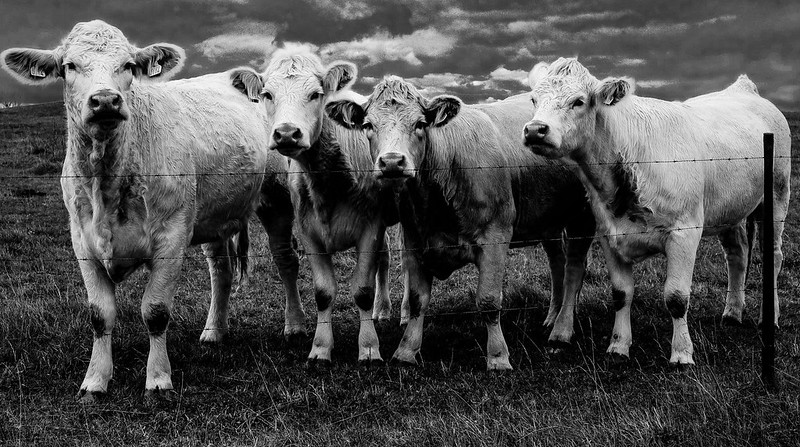
Photo by Benjamin Faust
Views on eating meat
As a Chinese medicine practitioner, I have been told many, many times by my teachers and colleagues to personally eat meat; and I’ve been told that eating meat is the only healthy lifestyle. (Full disclosure: I cut out red meat when I was 17, fish when I was 22 and white meat when I was 25. So, it’s been awhile that I’ve been ‘breaking the rules’!) It’s a topic that I take great interest in, and research. Like most things, I try to be as open-minded as possible, listening for what’s needed on an individual and timely basis. I do not suggest that all my patients eat meat or not eat meat.
That all said, there may be a number of you that sit with the same question I do: Is it healthier or not to eat some meat? Is it tenable to be vegetarian or vegan with leaky gut, autoimmune or other health concerns? I know these are very uncomfortable questions; and that they are not always met with tenderness and curiosity. Sometimes, reading about these topics can be more helpful than talking it out online or with friends. There is certainly enough material on the subject out there on health-related topics. So, I won’t go into all of that. Personally, I was/am much more interested in what animal communicators have to say on the subject.
What do animal communicators think about eating meat?
35+ animal communicators share their experience
In this excellent article, “VEGETARIAN OR OMNIVORE? This is the Question” you’ll get a very good sense of the broad opinions within the field. It doesn’t spoil anything to say, there is no clear cut answer, no hard shoulds among able to communicate with animals. That said, by and large there seem to be some movements towards the thoughts:
- animals understand [and are at peace with the fact that] we’re all animals eating each other in this world (and we ought to as well)
- we’re *all* One-Consciousness — plant, animal, etc; so it’s not about who eats whom, but what love and respect we share for one another
- it’s not the eating of animals that is problematic, but the treatment of them while they are alive
- vegetarianism/veganism is the [human] inevitable movement towards higher consciousness
 //embedr.flickr.com/assets/client-code.js
//embedr.flickr.com/assets/client-code.js
[perfectpullquote align=”left” cite=”” link=”” color=”lightgrey” class=”” size=”30″]”Some really appreciate being able to nourish others with their bodies, …”[/perfectpullquote]
What do animals say about eating meat?
I especially appreciated this article by animal communicator Nancy Windheart, “Vegetarian or Omnivore?” in which she reports back on what animals have to say on the subject. For some reason this line hit me quite hard: “Some really appreciate being able to nourish others with their bodies, and know that they can return after their deaths to another type of body and life experience if they choose.” It brings up big questions for me around what I am willing to accept and take in, aware of the expense to others.
A request: Release judgment, invite curiosity
I hope it can be recognized that everything we do, we do in service of our values. While our needs are universal, different ones can surface as more immediately important to us than others. No matter what someone chooses to ingest, may we recognize they do so for a reason that is meaningful to them. May we choose to learn about and respect those values, as well as our own. May we also be curious and learn to be discriminating in the strategies we choose for living out those values.
A personal request
If you do eat meat, do you say a prayer/bless the food beforehand? Would you be willing to share your blessing here in the comments for others? Thank you for considering!

